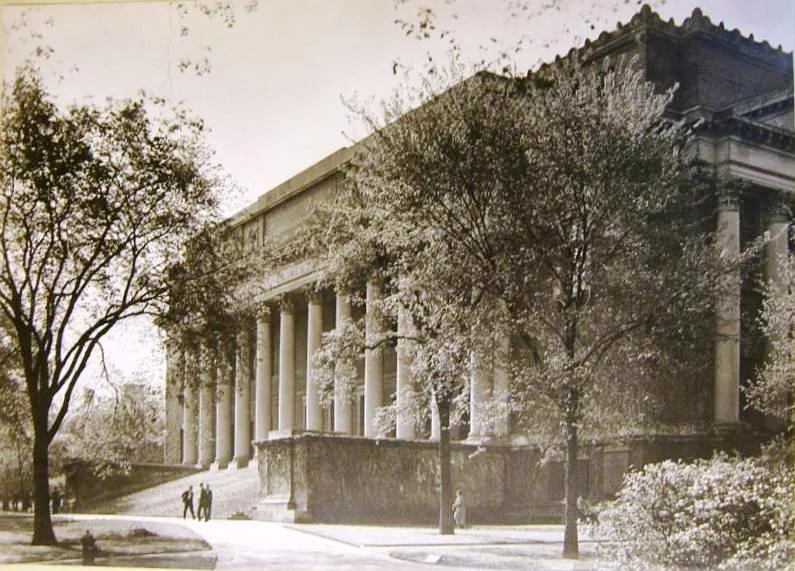Getting into Harvard with its 5.9% admissions rate is like winning the lottery.
After receiving over 34,000 applications this last admissions cycle (down 2% from last year), even an admissions office as sophisticated as Harvard’s admits there is a lot more art than science in the final admissions decisions. Don’t, however, dismiss the elaborate admissions decision process Harvard runs through each fall: it goes to great lengths to ensure all candidates receive a thorough and holistic review. This may not sooth the pains of its rejection, in fact it might make them inflame them that much more, but it’s good to know.
The Harvard admissions officers serve as regional representatives. Each reads all the applications from his or her region, captures the data on each applicant, calls on many of the high schools, and contacts the applicant and school for any missing information. Your regional Harvard admissions officer will be the first reader of your application, interpret your folder, and be your advocate in front of the admissions committee.
To set the rules and referee the admissions and financial aid process, Harvard created a thirty member ‘standing committee’ selected from Harvard’s arts and sciences faculty. It also reviews applicants with ‘representative’ applications from the entire applicant pool, with exceptionally strong academic qualifications (e.g. who might anchor the classics department by virtue of her translation of Ovid), and with exceptional artistic or musical talent.
Working under the guidelines established by the standing committee, the admissions committee decides on individual candidates. The admissions committee is composed of the 30 members from the standing committee and the 35 member staff from the admissions office. These members are then divided into 20 geographic subcommittees. After reading all the applications, the subcommittees begin to discuss, recommend, and raise doubts about applicants to the full Committee. Discussions about a single candidate can last up to an hour: the admissions process is designed to be as democratic, deliberative, thorough, and flexible as possible.
Most applicants have outstanding grades and test scores so decisions become more a factor of personal qualities and character. One trait that William Fitzsimmons, the longtime dean of admissions and financial aid at Harvard College, likes to see is the ability and willingness of an applicant to reach out and educate his fellow students. Apparently many alumni remember and value such encounters. Identifying applicants who will inspire fellow classmates and professors is one admission’s mission.
Jennifer Gandy, a senior admissions officer at Harvard, has seen scores of perfect SAT Scores and glistening GPAs, “But the essay is really the one piece, along with what teachers say about a student, that can be most compelling and exciting…we usually end up sharing [both] with the admission committee when we’re discussing and making cases to accept applicants.” (Huffington Post, 24 April 2014)
When asked whether the essay might best be seen as an opportunity, she responded, “I would love for students to enter the process with that type of mindset. I think they would probably enjoy the process a whole lot more. I think a lot of students feel like it’s stressful, it’s scary, it’s this hoop that you need to jump through, and when you have that mindset when you’re writing it’s hard to be yourself.”
To avoid coming out flat on the application, students need to be truly excited about what it is they’re writing about and forget altogether about ‘pleasing the admissions reader.’ Additionally, ‘look at the essay as one piece of the larger application process, realizing that the goal of this process is for them to be able to provide…a holistic picture of who [they are]’
It’s not easy getting into Harvard, or any of the most select colleges. Yet, having a picture of how the process works might ease some of the apprehension. Furthermore, the advice that Ms. Gandy offers is useful everywhere: unfold your true self in the application and let the chips fall where they may. After all, the admissions office wants to meet the real you.

